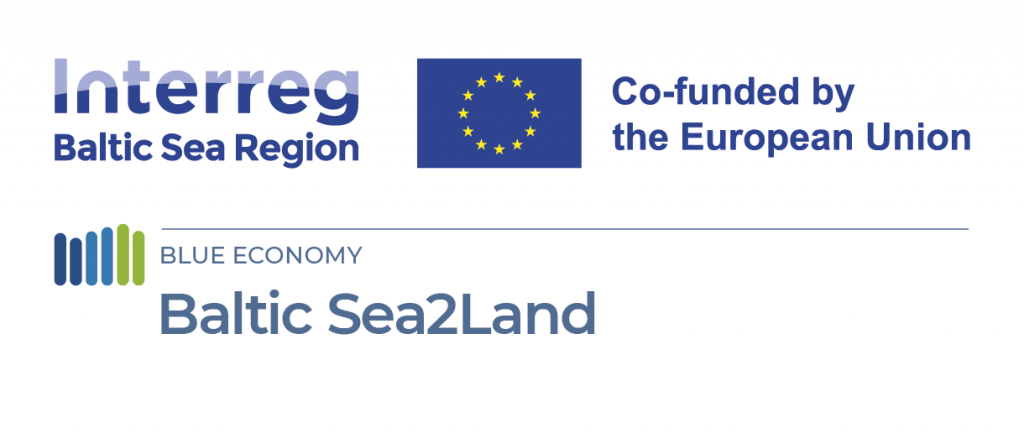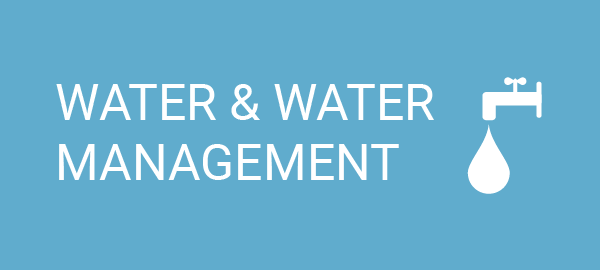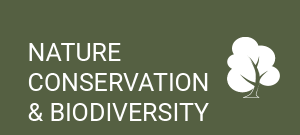In the framework of the Baltic Sea2Land project, Fehmarn Island emerges as a distinctive case study, underscoring its endeavors towards achieving climate neutrality. Fehmarn’s objective is to cover its entire energy demand—comprising electricity, heat, and mobility—with local renewable sources by 2030.
As data from 2019 shows, Fehmarn’s annual electricity production exceeds 576,800 MWh, surpassing its own consumption by 857%. Wind energy constitutes the primary contributor to the energy mix, with biomass and solar energy playing supplementary roles.
The case study probes critical questions concerning legal, technical and community dimensions. Addressing legal requisites and navigating potential obstacles forms a pivotal aspect. Community resistance, if present, is thoroughly examined alongside strategies for community engagement to ensure mutual benefits.
Technical considerations include exploring storage solutions and charging capacities for electromobility, integrating these aspects into a comprehensive energy plan. Aspects of sector coupling are also considered, i.e. how the wind power generated can be used to cover areas such as heating, mobility and potentially even agriculture. The roles of Fehmarn’s municipal, district, and state authorities are scrutinized, outlining specific steps, stakeholder engagement, and collaborative efforts required for successful implementation.
Please visit project’s website to read more: https://interreg-baltic.eu/project-posts/fehmarn-islands-path-to-energy-self-sufficiency

